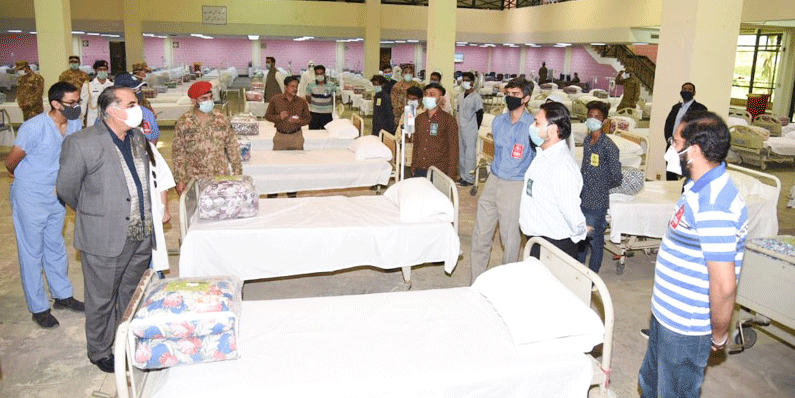WEB DESK
In the midst of a worsening diplomatic battle with left-leaning countries in the area that oppose his ouster and continuous blocks that endanger operations at important copper mines, the prison term of former Peruvian president Pedro Castillo was extended by 18 months. On Thursday, a Supreme Court panel decided that Castillo should remain in jail while criminal allegations against the ex-leader are investigated.
The judgment did not address the validity of the charges against Castillo, who stands accused of rebellion and conspiracy, but a judge presiding over the panel did highlight the former president’s flight risk as a factor in the panel’s decision. Castillo has disputed the allegations against him and maintains that he is still the legitimate president of the country. Castillo was the son of peasant farmers and a former teacher who narrowly won last year’s elections under the banner of the Marxist Free Peru party.
He was removed by an overwhelming vote of lawmakers who accused him of “permanent moral incapacity” just hours after Castillo ordered the Congress dissolved on December 7. As heated and often violent street protests enter their second week, a state of emergency has been imposed, and the fast ouster of Castillo, who governed the South American country for 17 months, has rippled well beyond Peru’s boundaries.
This Monday, the presidents of Argentina, Bolivia, Colombia, and Mexico, all on the political left, issued a unified statement calling Castillo “a victim of undemocratic abuse.” Cuba, Bolivia, Venezuela, and Nicaragua, a group of left-leaning countries convening in Havana, have all strongly backed the imprisoned Castillo and rejected “the political framework imposed by right-wing forces.” After President Dina Boluarte took over from Castillo last week, the country’s new Foreign Minister Ana Cecilia Gervasi replied on Thursday by calling home Peru’s ambassadors in Argentina, Bolivia, Colombia, and Mexico for consultation.
For Gervasi, the conversations “relate to involvement in the internal affairs of Peru” on Twitter. Neither the date of the talks nor any other potential measures taken by Boluarte’s government were disclosed. On the day of his resignation last Wednesday, lawmakers did not adopt resolutions of no confidence in the president’s Cabinet, which is required under Peru’s constitution.












































